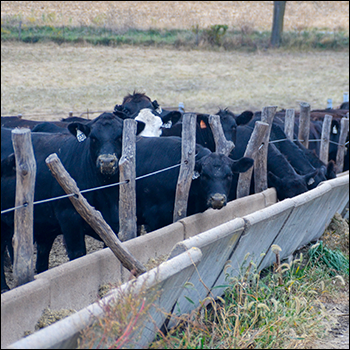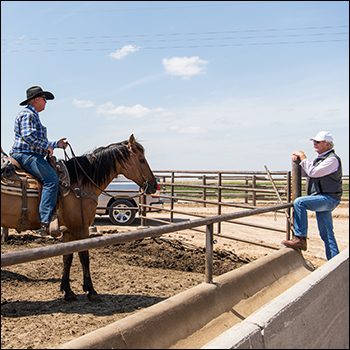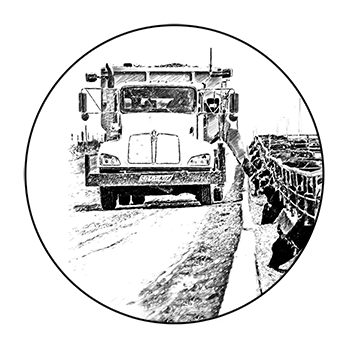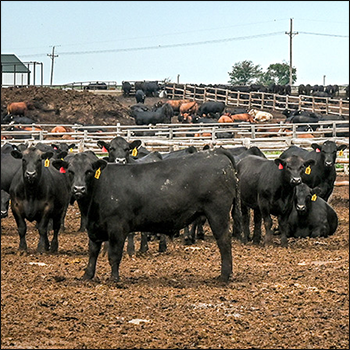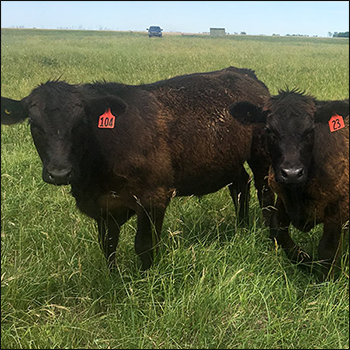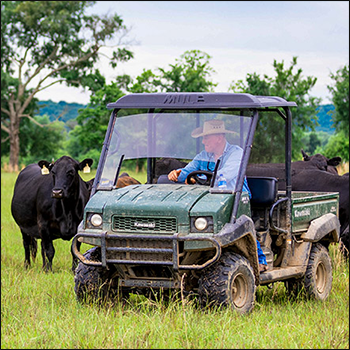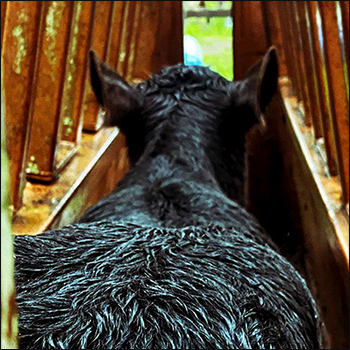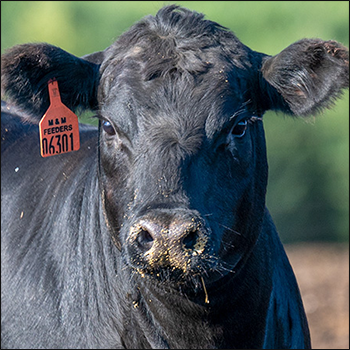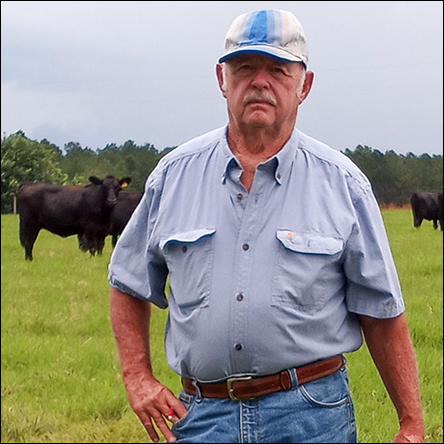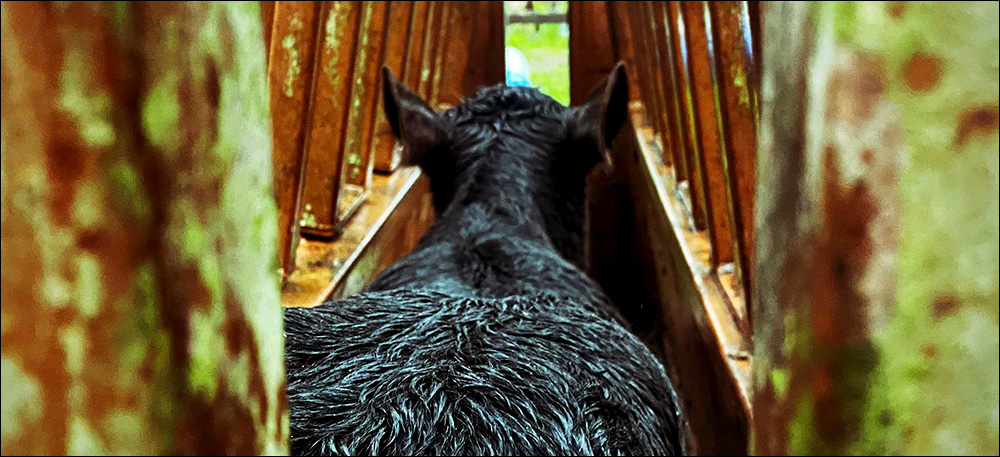
Take Care of Immune System Before Vaccination
A list of do’s and don’ts for vaccination success.

“How many of you have vaccinated a group of cattle and still had some of them get sick?” asked Lourens Havenga. While conducting a Learning Lounge session at the 2021 Cattle Industry Convention in Nashville, Havenga offered a list of reasons why that happens. The CEO for Multimin USA Inc. suggested some reasons are related to producer error. Sometimes vaccination doesn’t achieve optimum results because the cattle had a mineral deficiency or imbalance.
Havenga said vaccination won’t produce the desired immunity to disease if vaccine products are not handled and administered properly. Common producer mistakes include improper storage, using vaccines after their expiration date, or using reconstituted vaccines that were held for too long after mixing. Using pistol-grip syringes that have been washed with disinfectant is another common error.
The condition of the cattle being vaccinated also affects vaccine success.
“You can’t vaccinate sick animals and expect to get an optimum immune response,” stated Havenga. “Don’t vaccinate dehydrated animals or animals that are highly stressed. Calves coming off a long haul could be experiencing both. Don’t vaccinate when it’s really hot and humid, because cattle will have elevated temperatures and high levels of stress. And you shouldn’t vaccinate cattle in poor body condition. Animals that are nutrient deficient won’t respond optimally to vaccination.”
Havenga advised producers to follow Beef Quality Assurance (BQA) guidelines, administering the correct dosage by the proper route of administration, giving all intramuscular (IM) and subcutaneous (sub-Q) injections in the recommended region of the neck. When administering multiple vaccinations, do not inject all in one side of the neck. He also advised taking particular care when restraining animals with a headgate.
“Always try to avoid bruising the prescapular lymph gland when capturing animals with a headgate,” warned Havenga, referring to glands located near the front of a bovine beast’s shoulder. “You don’t want to damage the lymph system, because that’s the kitchen that cooks up immunity.”
Havenga said immune system function can be inhibited by deficiencies in trace minerals including selenium, zinc, copper and manganese. He noted that nursing calves typically have used up colostral mineral by about 56 days of age, and they may not be consuming adequate amounts of free-choice mineral supplements. Newly received feeder cattle also may be deficient in the trace minerals important to immune system function.
According to Havenga, mineral supplementation by injection offers rapid availability. He suggested that using injectable minerals can improve immune response to vaccines.
Editor’s note: Troy Smith is a cattleman and freelance writer from Sargent, Neb. Photo by Taylor Jordan, 2021 NJAA/Angus Journal Photo Contest.
